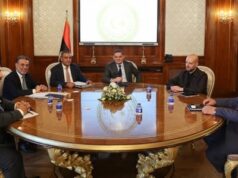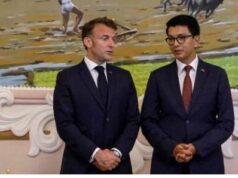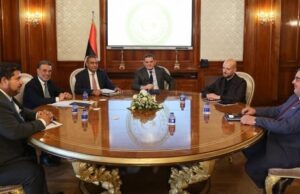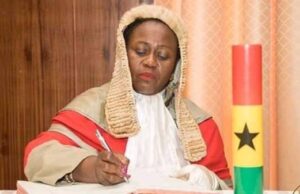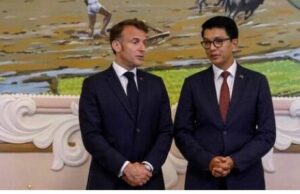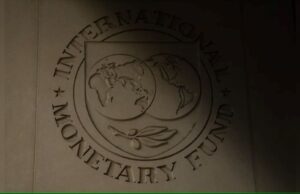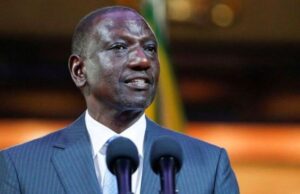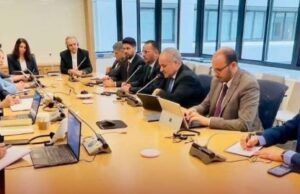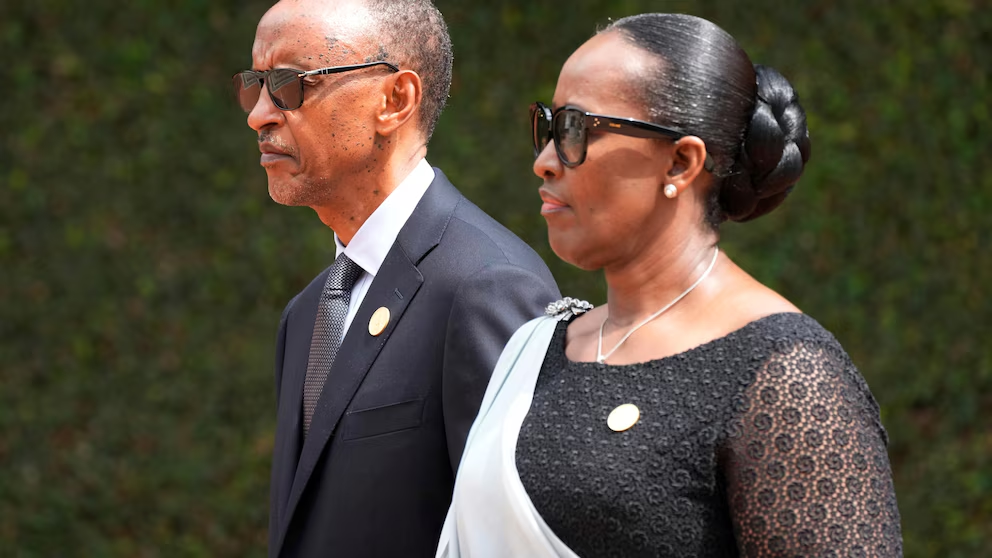
(3 Minutes Read)
Rwandan President Paul Kagame blamed the inaction of the international community for allowing the 1994 genocide to happen as Rwandans commemorated 30 years that gory incident, which estimated to have killed estimated 800,000 people.
Rwandan President Paul Kagame blamed the inaction of the international community for allowing the 1994 genocide to happen as Rwandans commemorated 30 years that gory incident, which estimated to have killed estimated 800,000 people.
Rwanda has shown strong recovery and economic growth in the years since. But scars remain. There are questions about whether genuine reconciliation has been achieved under the long rule of Kagame, though he has been praised by many for bringing relative stability. An equal number of people also highlights his intolerance of dissent.
Kagame led sober commemoration events in the capital, Kigali. Foreign visitors included a delegation led by Bill Clinton, the U.S. president during the genocide, and Israeli President Isaac Herzog, whose country has been accused by South Africa of committing genocide in Gaza at the International Court of Justice.
The killings were ignited when a plane carrying then-President Juvénal Habyarimana, a Hutu, was shot down over Kigali. The Tutsis were blamed for downing the plane and killing the president. and became targets in massacres led by Hutu extremists that lasted over 100 days. Some moderate Hutus who tried to protect members of the Tutsi minority were also killed.
Rwandan authorities have long blamed the international community for ignoring warnings about the killings, and some Western leaders have expressed regret.
Clinton, after leaving office, cited the Rwandan genocide as a failure of his administration. French President Emmanuel Macron, in a prerecorded video ahead of Sunday’s ceremonies, said that France and its allies could have stopped the genocide but lacked the will to do so. Macron’s declaration came three years after he acknowledged the “overwhelming responsibility” of France — Rwanda’s closest European ally in 1994 — for failing to stop Rwanda’s slide into the slaughter.
Rwanda’s ethnic composition remains largely unchanged since 1994, with a Hutu majority. The Tutsis account for 14% and the Twa just 1% of Rwanda’s 14 million people. Kagame’s Tutsi-dominated government has outlawed any form of organization along ethnic lines, as part of efforts to build a uniform Rwandan identity.
Read Also:
https://trendsnafrica.com/macron-admits-frances-involvement-in-1994-rwanda-genocide/
Kagame, who grew up as a refugee in neighboring Uganda, has been Rwanda’s de facto ruler, first as vice president from 1994 to 2000, then as acting president. He was voted into office in 2003 and has since been re-elected multiple times. A candidate for elections set for July, he won the last election with nearly 99% of the vote.



